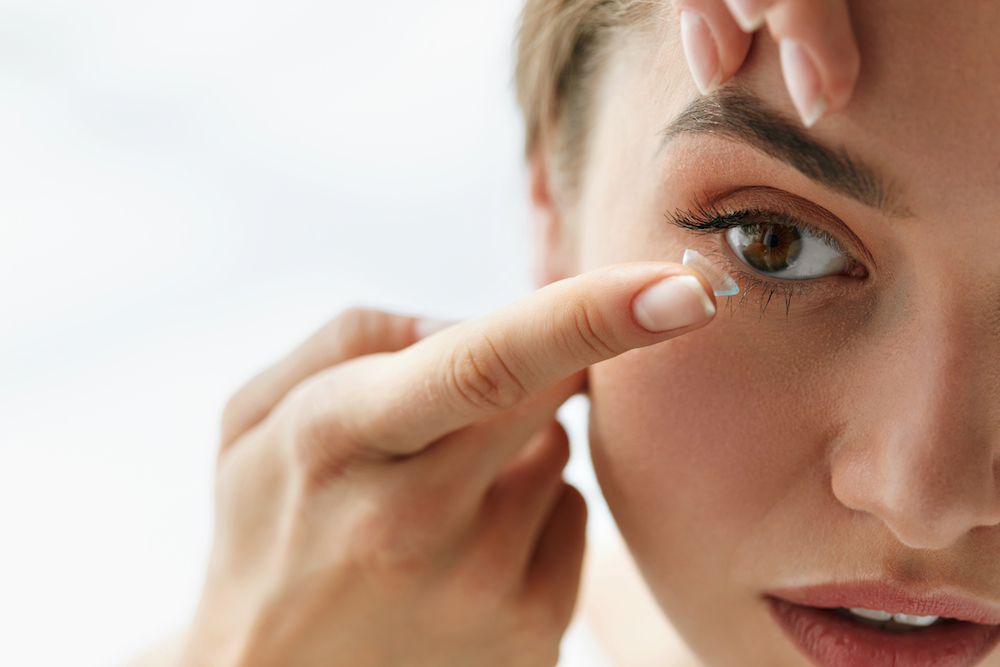
Nowadays, scleral lenses are an increasingly common strategy to address various vision problems and eye disorders. Many people prefer them to regular contacts due to their comfort, better fit, and less irritability.
Additionally, they are easier to handle and provide more stability and improved coverage. Their design eliminates the need to mold contact lenses to the cornea's curvature.
What Are Scleral Lenses?
Do you want to switch to contact lenses? If so, you have several options, one of which is scleral lenses. These specialty lenses differ from standard contact lenses in the following ways:
They are much larger than standard lenses and sit on the sclera, the white part of the eye. The larger they are, the more stable they remain on the eyes.
Made of a rigid gas-permeable material, scleral lenses allow oxygen to pass through them to the eye's surface. However, they are firm enough to retain their position and shape on the eye.
They vault over the cornea, leaving a gap between the eye's surface and the back of the contact lens. That space traps the tear film to keep the eye moist while enabling sufficient oxygen to reach the eye’s surface.
Who is a Good Candidate for Scleral Lenses?
The original purpose of scleral lenses was to provide a solution for people with irregularly shaped corneas. So, you may be a good candidate for these lenses if your corneas are uneven. However, scleral lenses may be ideal for you if you have any of the following conditions:
Dry Eyes
Dry eye syndrome occurs when your eyes do not produce enough tears or if you produce poor-quality tears. Dry eyes can also surface when your tear film evaporates too quickly. Eyes need adequate lubrication to make wearing contact lenses possible.
That is where scleral lenses come in handy. They leave a gap between the eye's surface and the lens that functions as a reservoir for your tear film. That decreases the symptoms of dry eyes and makes it possible to wear contact lenses comfortably.
Corneal Abnormalities
Several corneal abnormalities, including unusual steepness or scarring, can make regular lenses hard to wear. Scleral lenses have a vaulted design that overcomes the instability and discomfort of standard lenses.
Keratoconus
This eye condition involves the progressive bulging and thinning of the cornea. As the cornea extends outward, there is gradual vision distortion. The corneal bulging means that regular contact lenses cannot fit properly. Fortunately, scleral lenses accommodate the bulging thanks to the space provided by their vaulted shape. Furthermore, they are more stable due to their large size.
Ocular Surface Diseases
These conditions damage the eye's surface layers. Scleral lenses are ideal since they shield the damaged surface and prevent further damage.
Other conditions that can make you a good candidate include injury to the eye and corneal degeneration. Schedule an appointment with your eye doctor to determine whether you are a good candidate for scleral lenses.
For more on scleral lenses, visit Memorial Vision at our Houston, Texas, office. Call (281) 496-1635 to schedule an appointment today.









